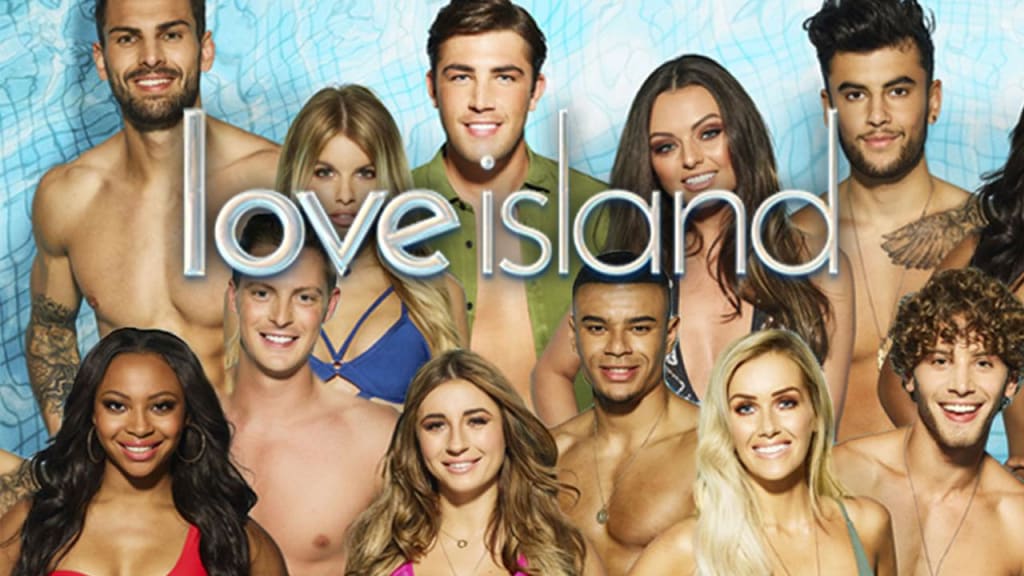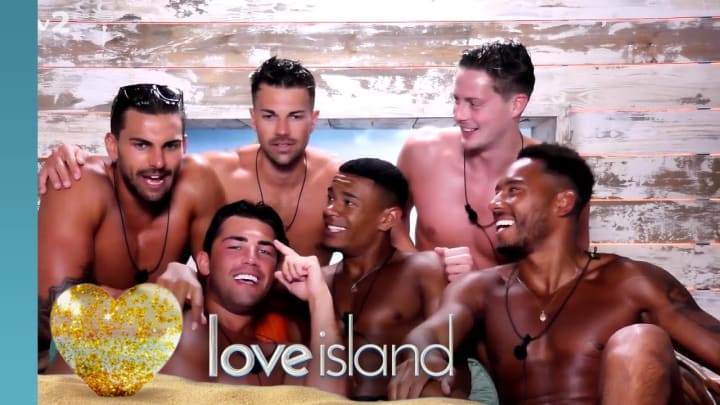The Reality Is
Accidental role models for a generation.

I must admit, right out of the gate, that I am not a fan of reality television. That is not to say it has no merit, or even that all reality television is terrible—though a lot of it is—it is just that, as an aspiring writer, looking at it from a purely selfish point of view, it is lazy television. When I say ‘reality television’, I am not referring to talent shows.
The likes of X Factor, Britain’s Got Talent, The Voice, and other similar talent spotting, reality shows, though manipulated for emotive pull and viewers, they ask that the participants do something other than being pretty. It is still lazy television, but not in the same way, and talent shows are as old as television.
Not that laziness, in itself, is a reason not to make a show. If that were the case, here in the United Kingdom, we would not be subjected to ‘Indian/The Empire’ dramas every year on the BBC and Channel Four.
No, the issue with reality television is not originality or laziness, it is popularity. With the ever-increasing influence of social media, with popularity almost being more valuable to a business or client than quality or talent, being an ‘influencer’ is, unfortunately, an aspiration.
The likes of Love Island, with young, lithe-bodied, attractive individuals, engaging in soap opera-esque japes, proving wildly popular, and making celebrities out of those who would appear in it or similar programmes, such entities are an advertiser’s dream. With its youthful cast, Love Island attracts a similarly youthful, and, more pertinently, impressionable demographic.
For the more worldly-wise among us, the likes of Love island and its ilk, are just harmless, frivolous, amusing time wasters, after a day of dealing with real life and relationships. We can watch smugly as those blessed with better looks than ourselves, a commodity coveted in western culture, struggle with the complexities of basic communication.
But in a society that is increasingly trying to embrace media would have you believe, a more equal, tolerant and balanced existence, where the conventional rom-com is frowned upon as selling and promoting a vision of life that is not only untrue, but difficult or impossible to find, such notions are almost considered a type of propaganda, pushing a heteronormative ideal that many feel does not reflect the world that they know.

Astronaut, scientist, physicist, brain surgeon, professor....
The Bechdel test—a scene in a film or television show where two women communicate about something other than men—is routinely touted as a standard to aim for, not only as an expression of women not needing a man for significance, but also to indicate that there is more to life than pining for love. If it is to be believed that media saturation is impactful, a notion bared out by advertisers, how can Love island, or its ilk be considered harmless?
If supposedly sensible, mature adults can be offended and influenced by advertising, buying the latest phones or gadgets, or irked by a lack of representation and stereotypical depictions, how are the younger, more malleable of society expected to remain unaffected by the shenanigans of such programmes?
The whole premise of Love Island, the selling point and attraction of such programmes, are the interactions between the contestants. Though many of us may know, even the younger viewers, that some sections are scripted and edited to heighten the emotional impact and shock factor, it is still ’reality’, so one tends to, intrinsically, believe it.
Like, the now easily accessible, pornographic sexual images and films that are said to be warping the way some men view carnal encounters, such reality shows inform those who know no better, contorting how to communicate when courting.
The tantrums and rhetoric might make for compelling television, but as unwitting role models, regardless of whether they realise it or not, their antics and actions are absorbed and copied by those who see people whom they identify with on some level.
It might not necessarily be through their utterances on television, it could be via social media, and the commentary they put out in their feeds, it could be a shared experience that makes them connect.
Whatever it might be, these young people who populate these reality shows, displaying no other talent beyond being attractive and perhaps personable, give license to others to display the same improbable and extreme behaviours.
Unfortunately, with the seeming rewards on offer; fame, popularity, and riches, all things that with the modern world’s obsession with social media and rapid popularity are coveted, reality television has become an acceptable ogre.
As the world increasingly becomes digital and media consumed, the ability to interact with your fellow man may become one of the most sought after skills. If the youth of today, the Fortnite loving, social media perfect, conversation avoiding youth that are the future, are learning and taking their interpersonal cues from reality television, are we not, in the wake of ‘#me too’ and the ever-widening embrace of LBGTQ, taking one step forward and two steps back?
Reality television is obviously not going to disappear, as entertainment is something that the majority of society seek, and reality shows are proven entertainment. As long as advertisers feel that they will benefit and the programme-makers are attracting the advertisers, we will keep seeing vacuous, easy entertainment such as Love Island.
About the Creator
Q-ell Betton
I write stuff. A lot.






Comments
There are no comments for this story
Be the first to respond and start the conversation.